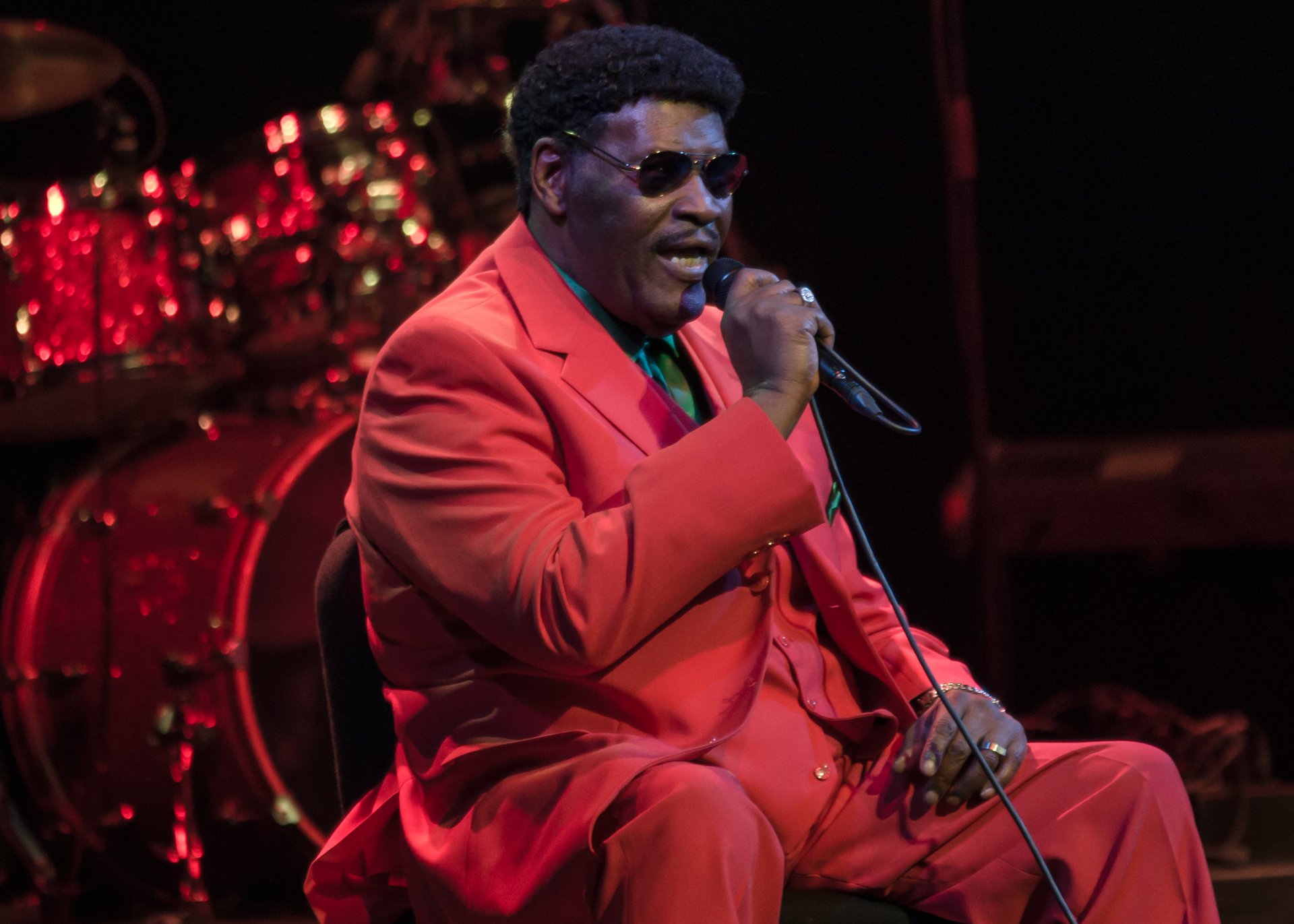Blind Boys of Alabama
The Blind Boys of Alabama stand as one of the most enduring and influential gospel groups in American music history. With a career spanning over eight decades, they have not only preserved traditional gospel but also bridged the genre with blues, soul, and even mainstream rock. Their journey is a testament to perseverance, talent, and faith, making them legendary figures in both sacred and secular music circles.
Founded in 1939 at the Alabama Institute for the Negro Deaf and Blind in Talladega, Alabama, the group originally performed as the Happy Land Jubilee Singers. Composed of visually impaired African American boys with a deep passion for gospel, their sound was rooted in the jubilee-style singing of the era, marked by rich harmonies and emotional intensity.
By the 1940s, they were touring churches and community events across the South. A friendly rivalry with another blind gospel group, the Jackson Harmoneers, led them to adopt the name The Five Blind Boys of Alabama. Their breakthrough came in 1948 with the release of their debut single, I Can See Everybody’s Mother But Mine, which became a regional hit and launched them into the national spotlight.
Throughout the 1950s and 1960s, they remained dedicated to gospel, even as many gospel artists, like Sam Cooke and Ray Charles, transitioned into secular music. Their unwavering commitment to faith-based music earned them a loyal following. During the Civil Rights Movement, they lent their voices to the cause, performing at rallies and inspiring activists with songs like Oh, Freedom and This May Be the Last Time.
The late 1960s and 1970s brought a decline in popularity as secular music and evolving gospel styles took center stage. Nevertheless, they continued to record and perform, keeping their faith and music alive. The 1980s marked a resurgence, fueled by their participation in The Gospel at Colonus, a groundbreaking musical adaptation of Sophocles’ Oedipus at Colonus that introduced them to new audiences.
By the 1990s and early 2000s, the Blind Boys of Alabama were collaborating with artists across genres, including Ben Harper, Bonnie Raitt, Lou Reed, and Peter Gabriel. Their 2001 album, Spirit of the Century, won a Grammy Award for Best Traditional Soul Gospel Album, kickstarting a string of Grammy-winning releases that cemented their place in both gospel and mainstream music.
Even as original members aged and passed away, the group continued to record and tour, their harmonies and uplifting messages reaching audiences worldwide. Their ability to adapt while staying true to their roots allowed them to remain relevant, collaborating with younger musicians and experimenting with gospel-infused country, blues, and Americana. Their 2017 album, Almost Home, was a reflective tribute to their legacy.
Over the years, the Blind Boys of Alabama have received numerous accolades, including multiple Grammy Awards, a Lifetime Achievement Award from the National Endowment for the Arts, and induction into the Gospel Music Hall of Fame. Their influence transcends gospel, inspiring artists across genres with their commitment to their craft and message.
From humble beginnings at a school for the blind to performing on the world’s biggest stages, the Blind Boys of Alabama have left an indelible mark on music. Their legacy is one of resilience, faith, and the transformative power of gospel to uplift and unite people from all walks of life.















